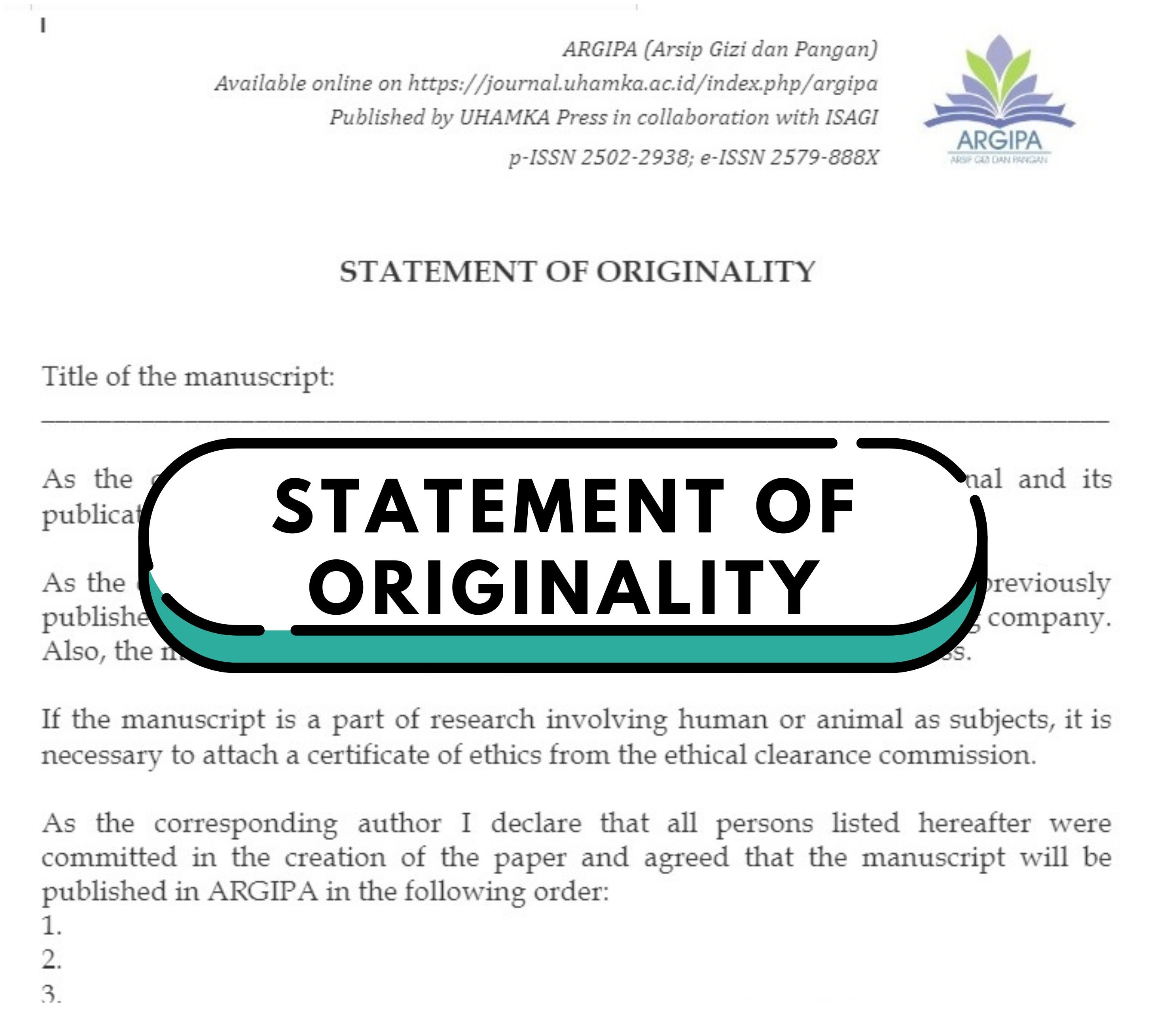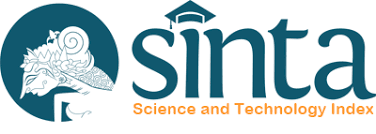PENGARUH SUPLEMENTASI SERAT PSYLLIUM HUSK DAN DIET RENDAH KALORI SEIMBANG TERHADAP KADAR APO B PENYANDANG OBES I
Abstract
ABSTRACT
Global raising of obesity prevalence nowday had influence to increasing morbidity and
mortality cardiovascular disease (CVD). One of obesity implication is incresing of aterogenic
lipid profles such as low-density lipoprotein (LDL). This lipoprotein contains apolipoprotein
B (apo B) as hydrophilic agent in circulation. Researches show that level of apo B was better
predictor of CVD risk factor. The most effective technique in weight loss such as llifestyles
interventions for obese is combining diet and exercise. Current advice is to increase the amount
of dietary fber up to 20-35 g/day, for more effective weight loss management. Dietary fber has
signifcant characteristics that affect physiological and metabolic roles including its solubility
in water. Psyllium husk (PH) is a source of natural soluble fber obtained from plantago ovata
Forssk seed. The aim of this study to investigate the change of apo B level in obese I after
given supplementation psyllium husk (PH) 8.4 g/day and low-calorie balanced diet (LCBD)
for 4 weeks. We conducted a double blind randomized clinical trial with parallel design.
Subjects were randomly allocated into two groups; treatment (T) group and plasebo (P) group.
The T subjects received psyllium husk (PH) 8.4 g/day and LCBD 1200 kcal/day and the P
subjects received placebo and LCBD 1200 kcal/day. Data collected in this study consist of
subject distribution and characteristic, intake of energy, macronutrient, fber, water and apo
B level that assessed before and after treatment. Level of statistical analyses signifcance was
5%, independent t-test and Mann-Whitney. A total 28 subjects (14 subjects in each group)
had completed the intervention. There were no serious adverse events were reported along the
intervention. Mean of age in T and P groups respectively was 35.0 (30.0-45.0) years and 34.5
(30.0-48.0) years, and BMI was 28.0 ± 1.1kg/m2 and 27.2 ± 1.4 kg/m2. The energy intake in T
group 1130.9 ± 221.9 kcal/day was signifcantly higher (p = 0.02) than P group 1024.3 ± 269.9
kcal/day. Simple carbohydrate intake in T group (35,6 (8.3-69.9) g/day) was signifcantly
higher (p<0.0001) than in P group (13.8 (3.4-55.5) g/day). Intake of dietary fber in T group
was 17.2 ± 2.8 g/day had signifcantly higher than P group 8.2(5.2-15.2) g/day, even adding
PH supplementation cannot meet the recommendation of fber intake (20-35 g/day). Decreasing
of apo B level in P group was -6.1 ± 8.9 mg/dL that statistically insignifcant difference (p =
0.13) with T group -1.3 ± 7.3 mg/dL. We concluded PH supplementation 8.4 g/day and LCBD
1200 kcal/day in obese I can not reduce apo B level in 4 weeks.

















